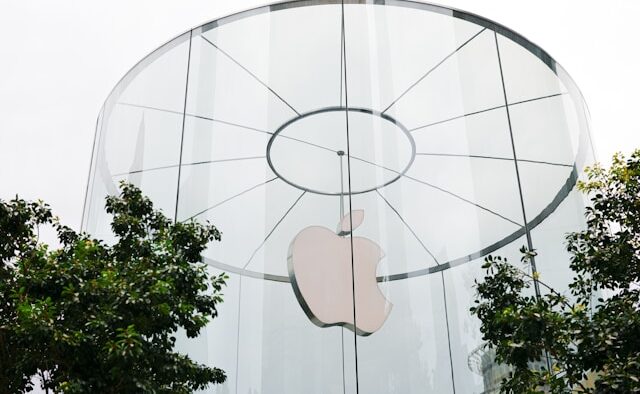Apple’s internal struggles and delayed AI development have allowed Meta to take the lead in the smart glasses and XR market
In a revelation that sent ripples through the tech community, renowned Apple insider Mark Gurman has shared a candid analysis of why Apple, once the leader in consumer tech innovation, failed to dominate the smart glasses market. In his latest newsletter, Power On, Gurman argues that Apple’s lack of coordination internally and its slow pace in adopting key technologies allowed Meta to leap ahead, securing its position as the undisputed leader in the field of Extended Reality (XR).
Meta, having invested heavily in XR technology for over a decade, has established itself as the most prominent name in Virtual Reality (VR). The company’s Meta Quest 3, Quest 3s, and Quest 2 headsets are widely regarded as the top choices for VR enthusiasts, with the Meta Quest line continuing to lead the market. But it’s Meta’s successful venture into smart glasses that has captured the most attention. The Ray-Ban Meta smart glasses, despite not featuring a traditional display, have become an unexpected success. Featuring only speakers, a microphone, and a camera, the glasses have gained a following for their simplicity and innovative design. The addition of Meta AI has further supercharged their functionality, transforming them into a versatile and impressive gadget.
The success of the Ray-Ban smart glasses has proven so significant that Meta restructured its XR division to focus on wearables. This move indicates Meta’s commitment to expanding its foothold in the smart glasses market. The company is even planning to release a new pair of smart glasses later this year that will incorporate an actual display, further solidifying its position in the XR space.
While Apple has long been rumoured to be working on a smart glasses project of its own, it has failed to match the timing and innovation of Meta. Apple’s Vision Pro, its premium mixed-reality headset, launched with high expectations, but sales have fallen short of what was anticipated. However, Apple’s long-term goal remains to release a pair of augmented reality (AR) glasses that could potentially replace the smartphone. Similar to Meta’s Orion smart glasses, Apple is envisioning a pair of AR glasses powered by advanced AI that would seamlessly integrate into users’ daily lives. But for now, Apple’s AR and smart glasses ambitions have been hindered by internal delays and coordination issues.
Embed from Getty ImagesGurman points out that Apple has been considering a Ray-Ban competitor for years, but its lack of focus has allowed Meta to capitalise on the opportunity. As he bluntly puts it, “Apple blew it to a social-networking company.” Apple’s slow approach has allowed Meta, with its deep social media roots, to capture the imagination of consumers and tech enthusiasts. Meta’s early and effective integration of AI into its smart glasses, particularly through the inclusion of Meta AI, has given it a significant edge over Apple, whose AI capabilities still lag behind other competitors like Google’s Gemini and OpenAI’s ChatGPT.
The delay in Apple’s AI development is a significant roadblock. For Apple to make the leap into AI-powered smart glasses, it will need to first overcome its internal struggles in AI development. While Apple has made strides in various areas of AI, it has yet to create a fully integrated, user-friendly solution that can rival the likes of Google and OpenAI. Without this, Apple’s AR glasses ambitions remain stalled.
Apple’s hesitation to take bold steps in the smart glasses market has allowed Meta to establish a commanding lead in the sector. With its continued investment in XR, AI-powered wearables, and a commitment to reshaping the way people interact with technology, Meta seems well-positioned to dominate the smart glasses and AR space for the foreseeable future.
